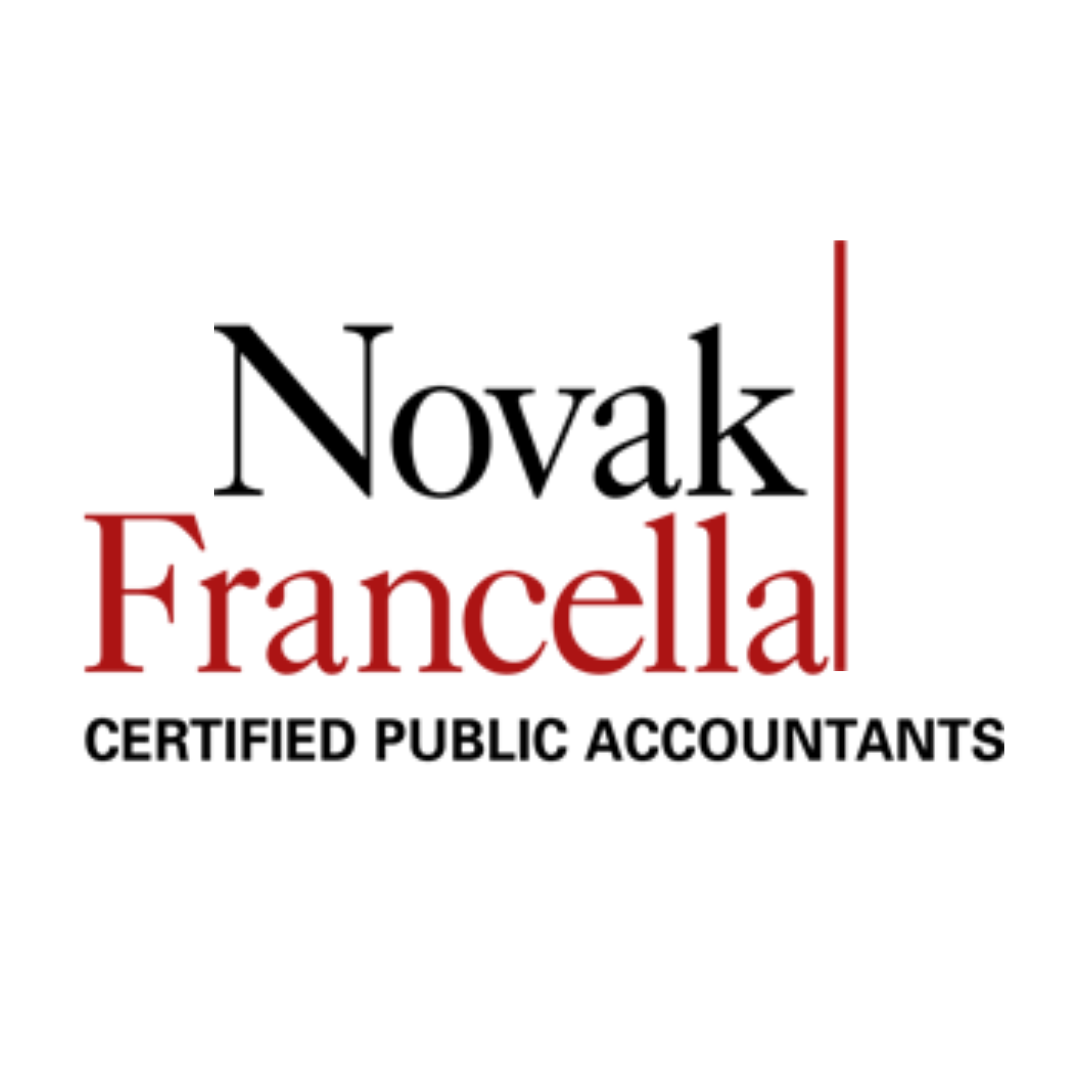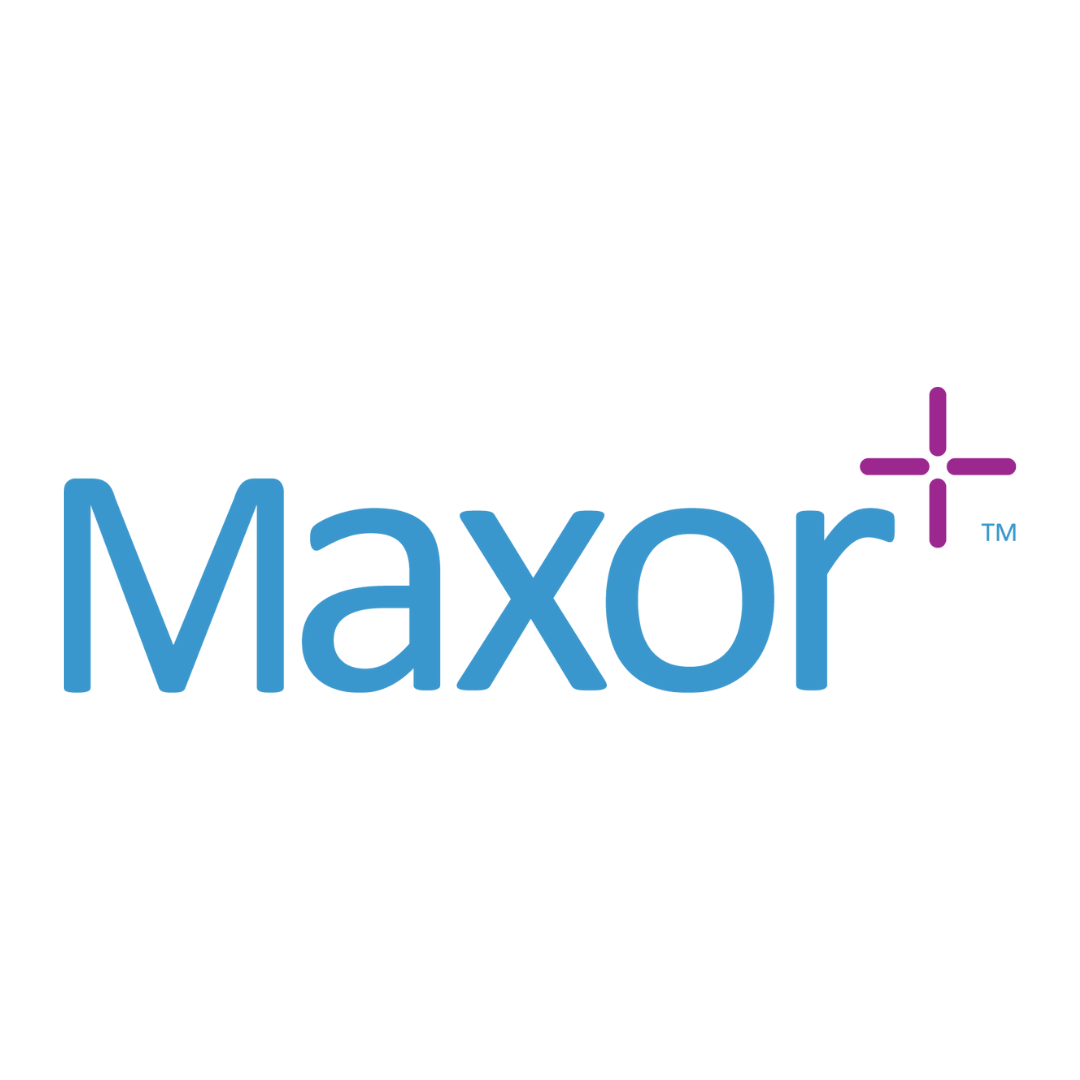
WHAT IS PSYCHIATRIC INJURY AND IS IT COMPENSABLE?

Steven Schwartzapfel -Founding PartnerOct 16, 2022
For more than 35 years, Steven Schwartzapfel, the founding member of Schwartzapfel Lawyers P.C., has been one of New York’s most prominent personal injury attorneys. Steve represents clients in all types of personal injury cases. His experience, skill, and dedication have enabled Schwartzapfel Lawyers P.C. to recover hundreds of millions of dollars for their clients.
All employers are required to cover injuries sustained by their workers, provided those injuries were sustained on the job and during the course of normal work duties. Although physical injuries are covered by workers’ compensation, is the same true for psychiatric injuries or mental health issues?
Below, we’ll break down psychiatric injuries and explore whether they are compensable via workers’ comp claims. For more information, or for a free case evaluation, don’t hesitate to contact Schwartzapfel Lawyers at 1-877-737-4806.
WHAT ARE PSYCHIATRIC INJURIES?
A psychiatric injury is any cognitive or emotional injury that regularly affects your daily life and that occurred in the workplace or “on the job.” However, a psychiatric injury is not the same as daily stress.
Generally, a psychiatric injury must:
- Be outside the norm for workplace and/or life-related stress
- Have demonstrable negative effect(s) on your day-to-day life and/or wellness
- Affect your ability to do your job, as noted by your employer
The New York legal system recognizes three (3) types of psychiatric injuries:
- Physical-mental injuries. These are mental injuries that occur as a direct result of a physical injury or event. For example, if you sustain a severe injury because of a workplace incident and develop post-traumatic stress disorder (PTSD) as a result, then your PTSD would count as a physical-mental injury for comp claims. The reason for this is because, with PTSD, for instance, your condition may make you hesitant and/or unable to use the work equipment that caused the initial injury.
- Mental-mental injuries. These injuries occur because of psychological trauma(s) that occurred at the workplace or in the course of your workplace duties. For instance, if you work at a bank and are robbed, and then develop specific phobias, or PTSD, the inciting event could lead to a mental-mental injury.
- Mental-physical injuries. In some cases, mental distress can lead to physical injuries. For example, if you are routinely harassed or bullied by your superiors leading to above-average workplace stress, that stress could manifest in the physical form of ulcers, migraines, and/or other painful physical conditions. Those injuries, notably, may also constitute psychiatric injuries.
Because psychiatric injuries come in many different forms, employees may qualify for workers’ compensation benefits even when they don’t think they can.
If you’re unsure about whether your psychiatric injury is covered under workers’ comp, don’t hesitate to contact Schwartzapfel Lawyers for more information and a free case evaluation. Simply dial 1-877-737-4806 and allow us the honor and privilege of fighting – and winning – for you!
WHEN IS AN EMPLOYER LIABLE FOR A PSYCHIATRIC INJURY?
According to the New York State Workers’ Compensation Board, work-related psychiatric injuries are only compensable if your employer is liable for the injury.
Liability requirements are met when:
- An injury occurs in the course of your normal job duties
- An injury occurs at work
For example, if you sustain a psychiatric injury from performing your everyday job tasks, you may be covered by workers’ compensation. However, if you sustain a psychiatric injury in the midst of stealing company property and are injured in your escape attempt, the psychiatric injury (as well as related injuries) will likely not be covered by workers’ compensation.
In other words, psychiatric injuries are covered by workers’ compensation — and your employer is liable for damages — if they fulfill the same criteria as physical injuries that occur at the workplace.
What Is Above-Average Workplace Stress?
Above-average workplace stress is job-related stress that may lead to the development of psychiatric injuries.
To qualify for workers’ comp benefits under New York State law, a worker’s psychological and/or psychiatric injuries must be caused at least in part because of an above-average amount of workplace stress. Naturally, what qualifies as “above-average” workplace stress can vary from person to person and situation to situation.
Some scenarios, like natural disasters or traumatic events that everyone in the workplace experiences, easily clear this bar. However, what if you sustain a psychiatric injury not from a single inciting incident but from above-average daily stress?
For example, maybe your supervisor threatens to fire you if you don’t complete an unreasonable amount of work on a truncated timetable. That’s where evidence gathering comes in.
In some cases, you may need legal professionals to help you gather appropriate evidence and prove that you were facing an above-average amount of workplace stress when you developed your psychiatric injury. These professionals can also help you prove that your injury is real and causes negative effects in your daily life and workplace responsibilities.
Generally, courts will find stress to be above-average when:
- It is unusual in its frequency, severity, or source
- It is repeated
- It is unnecessary (i.e., if your employer could take steps to alleviate the stress but has either chosen not to or has remained ignorant to the stress so far)
Are There Exemptions From Psychiatric Injury Liability?
While many psychiatric injuries are covered by workers’ compensation laws, some employer actions are protected. These actions do not result in workers receiving workers’ comp benefits, even if they do face higher than average stress.
Employers are usually protected from providing workers’ comp benefits in situations like:
- When making personnel decisions, like demoting personnel or transferring them to another department. Even if the personnel in question do not like these decisions, those employees cannot generally claim that they cause psychological stress and receive workers’ comp benefits as a result.
- When disciplining or terminating employees. For instance, if an employer terminates a subpar employee after giving them multiple warnings, the employee cannot turn around and claim workers’ compensation benefits for psychiatric injuries.
However, the above protection only applies if employers undertake those actions in “good faith.” If an employee, for instance, can prove that they were unfairly terminated or that they were terminated because of malicious behavior from their supervisor, they could have grounds for a psychiatric injury lawsuit or workers’ comp claim.
This is one of the reasons why employers often maintain paper trails of disciplinary actions, as these can serve as evidence of later actions being lawful (and neither malicious nor negligent).
HOW DO YOU PROVE A PSYCHIATRIC INJURY?
Because psychiatric injuries require a focus on the mental, proving their existence and severity can be trickier than diagnosing, say, a broken leg.
To demonstrate the presence of a psychiatric injury successfully, you must:
- Show that the injury occurred either on the job or in the course of your work duties. This can mean on the workplace premises, but it can also mean off workplace premises while accomplishing work for your employer.
- Show that your injury exists. This usually involves gathering key evidence like medical notes, evidence of receiving prescription medications from a therapist or psychiatrist, and more.
- Provide proof of the incident that caused the psychiatric injury. For instance, if your psychiatric injury occurred due to harassment from your boss, you must have eyewitness evidence, camera footage, or a write-up from your employer that provides a record of the conversation occurring.
Note, too, that certain evidence may be difficult, or even impossible, to gather alone. Experienced workers’ compensation attorneys will know what to look for and how to acquire enough evidence to ensure that your case succeeds. That said, you shouldn’t put off contacting effective legal representation for long, as the sooner your lawyers can get started on your case, the faster they can acquire evidence, and the sooner your case will be resolved.
In addition to having to prove your psychiatric injury(s), you must also meet certain requirements to qualify for workers’ compensation benefits in the first place. These requirements usually include:
- Having worked at your employer for a certain amount of time, typically six (6) months
- Have a diagnosed or diagnosable condition listed in the DSM-IV or V
Your legal representatives can tell you whether you fit these criteria and whether your psychiatric injury may qualify you for additional benefits. To learn more at no charge, dial 1-877-737-4806 and speak with a Schwartzapfel Lawyers team member today!
DAMAGES FROM A SUCCESSFUL PSYCHIATRIC INJURY CLAIM
Depending on the details of your psychiatric injury claim, you could recover significant damages. Often these damages include coverage and/or compensation for:
- Past and future medical bills directly related to the psychiatric injury and/or any associated physical injuries. For instance, if you require therapy to overcome your psychiatric injury, or if you have to take ongoing medication, you could receive coverage for those costs.
- Lost income from time spent away from work, especially if it was unpaid time off.
- Lost opportunity. If an employer unfairly terminates you, causing psychiatric stress, they may be liable for damages for lost economic opportunity as a result of your firing or reputational damage.
Note: To recover the greatest amount in damages, you should have knowledgeable workers’ compensation attorneys working on your side. And with Schwartzapfel Lawyers, you’ll get the best New York workers’ compensation attorneys in the business fighting for you from start to finish.
CONTACT SCHWARTZAPFEL LAWYERS TODAY
At the end of the day, so long as a psychiatric injury occurs on the job and/or in the course of normal workplace duties, you could have medical bills from that injury covered through workers’ compensation. Proving that you sustained a psychiatric injury for which your employer is liable, however, can be a difficult process when carried out alone.
That’s why you should contact knowledgeable legal professionals right away. Schwartzapfel Lawyers can help you gather evidence while providing sound legal counsel throughout the process, and will help you maximize damages to cover your medical bills and more.
Contact us today online or at 1-877-737-4806 for the answers to all of your workers’ comp-related questions, a free consultation, and so much more!
Sources:
Schwartzapfel Lawyers, P.C. | Fighting For You
Medical Guidelines | New York State Workers’ Compensation Board






























